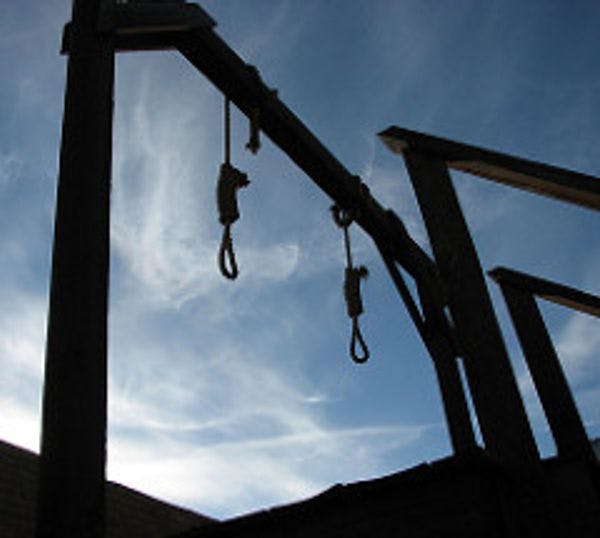Region’s harsh drug policies slammed by experts
By Daniel Besant - Southeast Asia Globe
Following a UN conference on drugs last month, countries in the region are being accused of sticking with ineffective and harmful anti-drug policies
Last month in New York, governments and civil society attended the UN’s General Assembly Special Session (UNGASS) to discuss the global drug problem. There were high hopes, particularly as Latin American countries most affected by the so-called “War on Drugs” had strongly pushed for the session, that there could be a revolution in drug policy. What resulted was, at best, a small evolution in thinking.
It may lead to more flexibility from the UN on drug treaties, increased acceptance that harsh drug laws are not working and a change in the language used around drug users. But for Southeast Asian governments, and in particular Asean as a whole, it seems a revolution is still some way off.
“The UNGASS event itself clearly marked a shift in thinking and a widening gap between reform-minded countries and those that want to retain the status quo,” said Tom Blickman, programme coordinator for policy group Transnational Institute. “Unfortunately, most Southeast Asian countries and China belong to latter category and Asean is still committed to the unrealistic goal of a drug-free society.”
Click here to read the full article.
Keep up-to-date with drug policy developments by subscribing to the IDPC Monthly Alert.
Topics
Regions
Related Profiles
- United Nations Office on Drugs and Crime (UNODC)
- Transnational Institute (TNI)
- International Drug Policy Consortium (IDPC)
